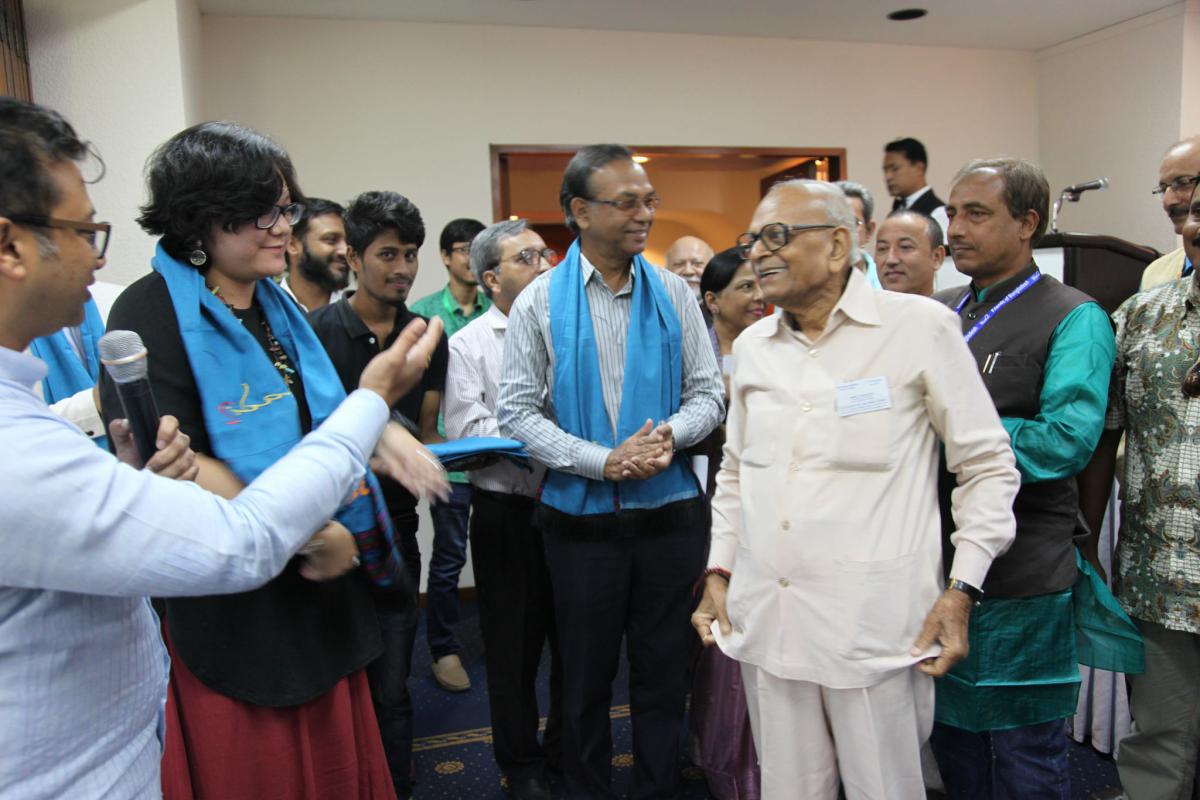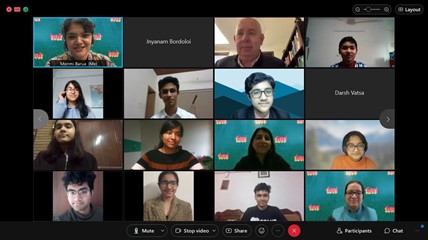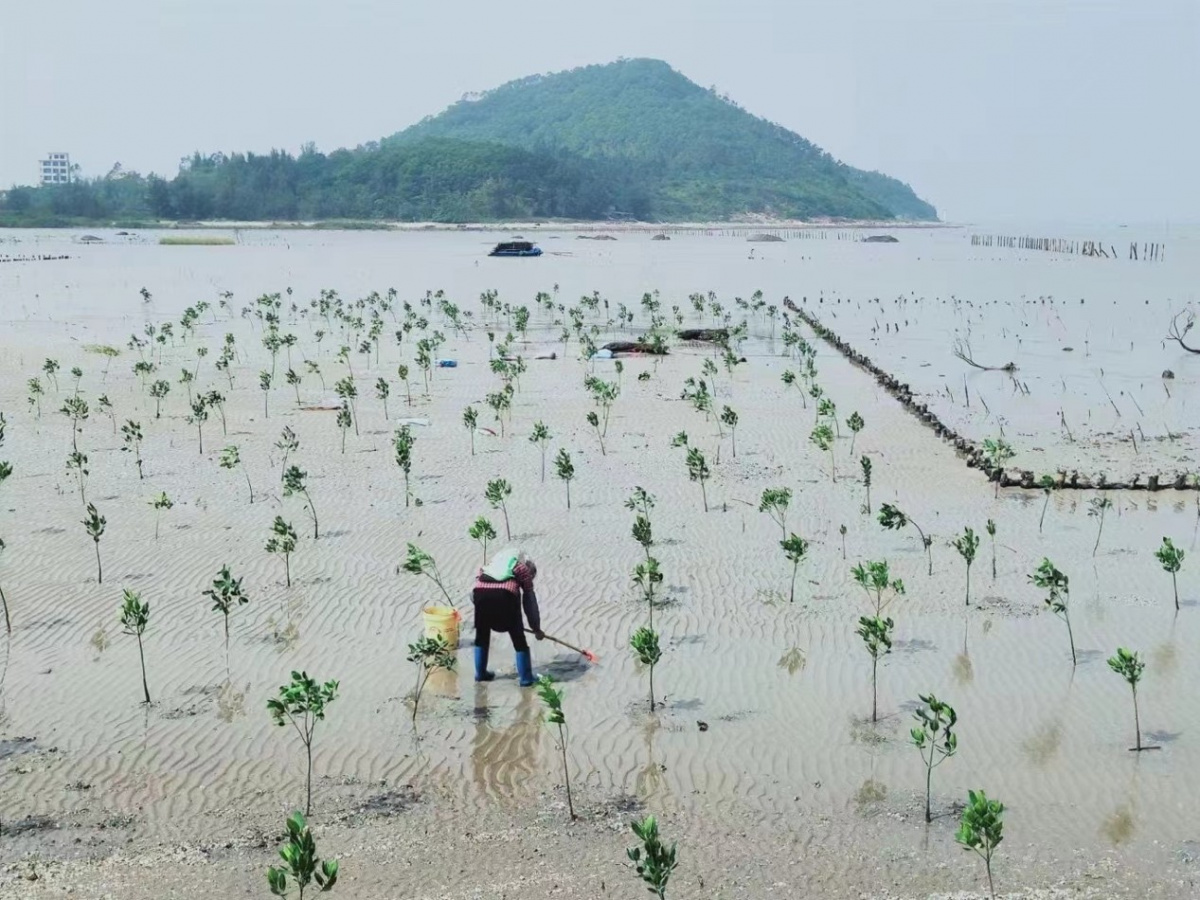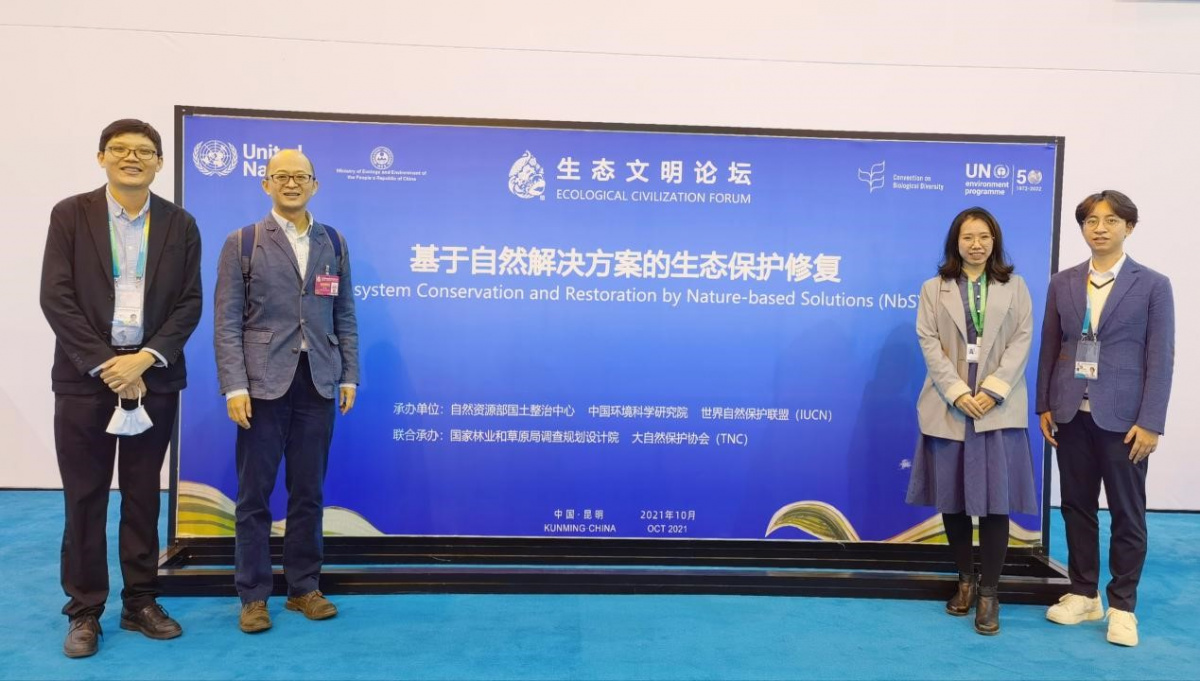Civil Society Organisations: a catalyst for enhanced shared water governance in the Ganges-Brahmaputra-Meghna River Basin
To emphasise the value of Civil Society Organisations (CSOs) engagement in water governance and to promote the work of the GBM CSO Network, a setup of around thirty CSOs working in the Ganges-Brahmaputra-Meghna (GBM) basin in Bangladesh, Bhutan, China, India and Nepal, IUCN supported the development of several studies and stakeholders surveys in 2018.

Photo: Ann Moey
The survey “Strengthening CSO engagement in water governance: Government perceptions and strategies in the Ganges-Brahmaputra-Meghna Basin” reports on interviews conducted with more than 80 government representatives from Bangladesh, China, India and Nepal. The objective of the survey is to capture government perception about existing and potential roles of CSO in shared water governance, as well as main risks, challenges and opportunities of working with CSOs.
Governments representatives interviewed agreed that CSOs can help to address government limitations, such as gaps in knowledge and science. To achieve this role more effectively, there is a need for programmes to strengthen the capacity of CSOs, so that they can act as trusted and credible evidence providers on key issues related to basin management. Several government interviewees mentioned the possibility of joint research between government, CSOs and academics.
Majority of interviewees acknowledged that CSO platforms such as the GBM CSO Network can act as unified group and catalyst to convey demands, knowledge and recommendations from the communities living in shared river basins. Programmes of work could include developing and/or strengthening regional and national alliances and networks, in order to create clear institutional structures which are recognised by governments and with which governments can interact.
Moving forward, survey results will be discussed by the network to identify possible avenues for actions and improvement at local, national and regional levels.
In the GBM basin, CSOs are key players in water governance. While these CSOs work on the river basin management their role is often not adequately acknowledged at national or regional levels.
In order to encourage the participation of CSOs in water-related governance, and as part of the BRIDGE GBM programme, IUCN facilitated the GBM CSO Network. A joint vision “A civil society vision for connecting the people of the Ganges-Brahmaputra- Meghna (GBM) river basin” was developed by and adopted by the network as a guiding framework and structuring roadmap for their own work.
CSOs can play a vital role in bringing on-the-ground realities to the discussion table via their respective governments. Joint studies are seen as an important mechanism for identifying key issues and bringing about technical and political consensus.
Since the launch of the joint vision in October 2017, the GBM CSO Network has worked on identifying a framework to monitor and report on their water governance activities at the regional level against the agreed vision and a baseline of their current work. The framework is built on a series of indicators of success linked to the network vision’s objectives and will also look at individual changes of members brought by their involvement in the network (e.g. capacity building, programme development, improved cooperation with governments etc.). This joint monitoring framework will support the development of a regional yearly report which will be disseminated widely and act as an advocacy tool to promote and articulate the role of CSOs on water governance regionally and to enhance the cooperation with government and other stakeholders, including the private sector.
The continued regional engagement of the network will ultimately support the emergence of a strong and credible ‘regional water governance institution of CSOs in the GBM’ that can foster multi-level, transboundary cooperation among governments and other key stakeholders.
Read the Contribution and influence of CSOs on water governance in the GBM basins: Ganges-Brahmaputra-Meghna Basin CSOs report here.
Read the Strengthening CSO engagement in water governance - Government perceptions and strategies in the Ganges-Brahmaputra-Meghna Basin survey report here.
Read the Ganges-Brahmaputra-Meghna Civil Society Organisation Network- Monitoring and Evaluation Framework here.
ABOUT BRIDGE GBM
The BRIDGE (Building River Dialogue and Governance) programme is facilitated by the International Union for Conservation of Nature (IUCN) and aims to enhance cooperation among riparian countries by applying water diplomacy at multiple levels. It operates in more than 15 transboundary river basins across Asia, Africa, Mesoamerica and South America. In Asia, the programme operates in the Mekong Basin and the Ganges-Brahmaputra-Meghna (GBM) basin, with funding in the GBM by Transboundary Rivers of South Asia (TROSA) programme of Oxfam Novib, and The Asia Foundation (TAF).
A regional network of more than 25 civil society organisations from five GBM countries developed a common Vision "for connecting the people of the GBM river basin." Launched in 2016, and now in phase 2, BRIDGE GBM is working to develop closer engagement with government and academic sectors by supporting multi-stakeholder dialogue and research to build consensus and common understanding for cooperative governance of the GBM basin.



